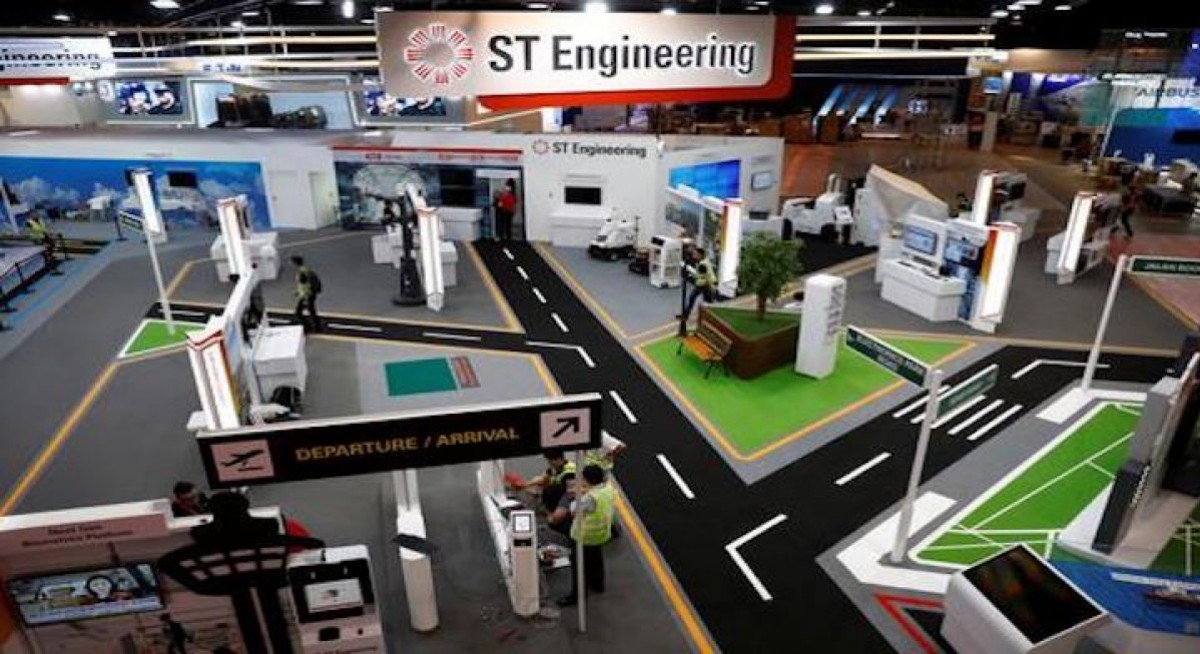The study showed that majority of the organisations surveyed prioritise improving their end customer or citizens’ user experience, even though an almost equal number of organisations are still focused on getting the right tools and capabilities to organise data.
About 59% of organisations feel that disparate and siloed data strategies across their organisation is their biggest challenge, while another 55% feel that they are unable to manage data privacy and security regulations amid growing data complexity.
“Data is one of the biggest opportunities, yet paradoxically, it remains a key challenge for many organisations. With the rise in advanced, smart technologies and accelerated digitalisation due to the COVID-19 pandemic, the world is experiencing a data explosion,” says Chew Men Leong, chief marketing officer of ST Engineering.
“There is much untapped potential in transforming data into timely and actionable insights that can accelerate innovation efforts towards improving customer and citizen-centric outcomes, to unlock new growth opportunities. The ability to master and leverage data analytics will be a game-changer for organisations,” Chew adds.
“Organisations need to have clarity of purpose to turn insights into meaningful experiences and actions. It is vital to galvanise collaboration to empower effective data analytics adoption, and transit from strategy and planning to execution,” says Ravinder Singh, president of ST Engineering’s electronics sector.
“Beyond that, they need to ensure that data is embedded in their organisation’s structural fabric, and is seamlessly connected so that the right data reaches the right people for sharper and faster decision-making. This is where technology partners like ST Engineering can play a strategic role to bridge the execution gap, and help organisations make better sense of their data to drive business value, differentiation and accelerate speed to market,” Singh adds.
As at 3.16pm, shares in ST Engineering were trading 1 cent higher, or 0.3% up, at $3.42.



